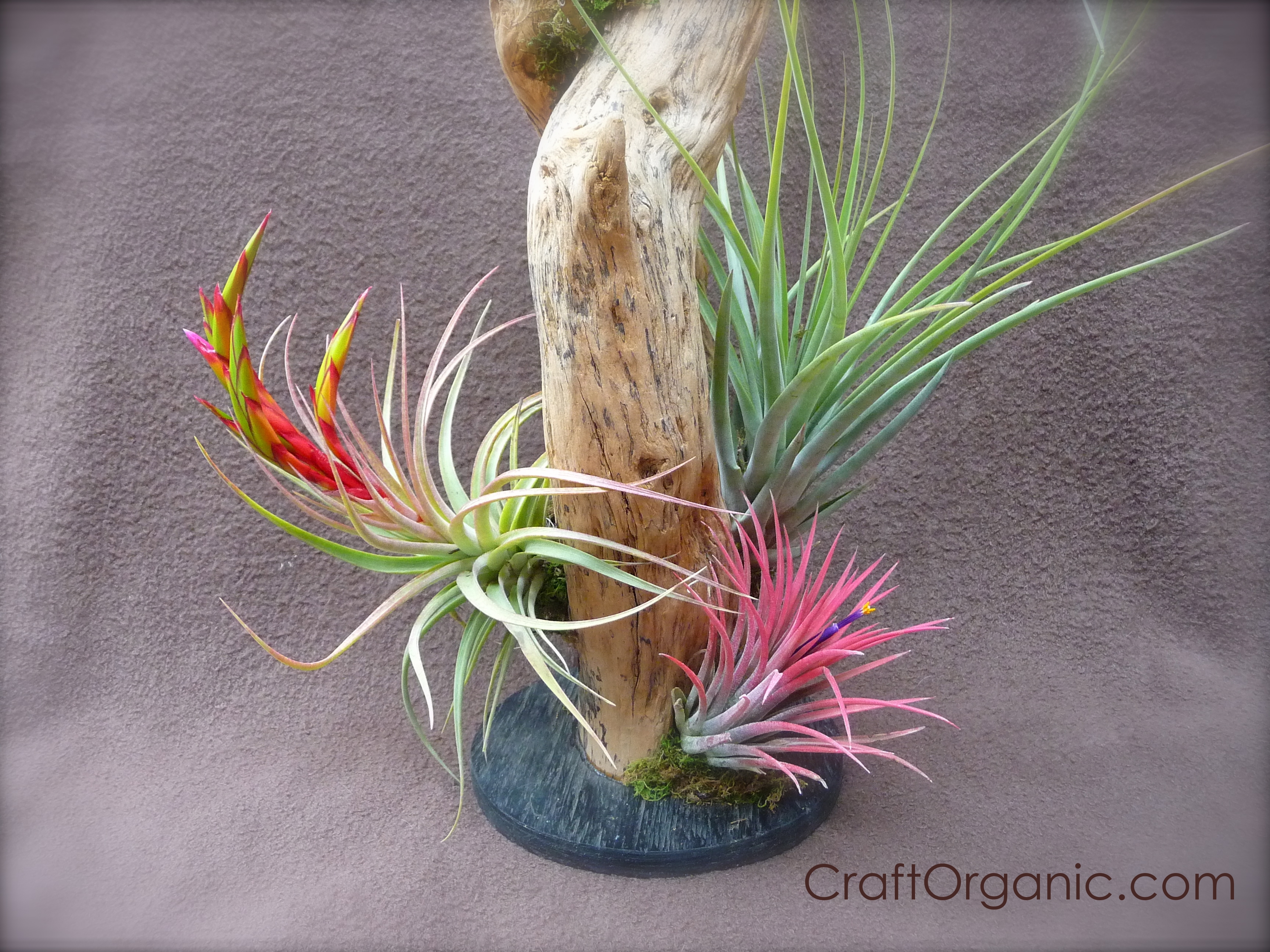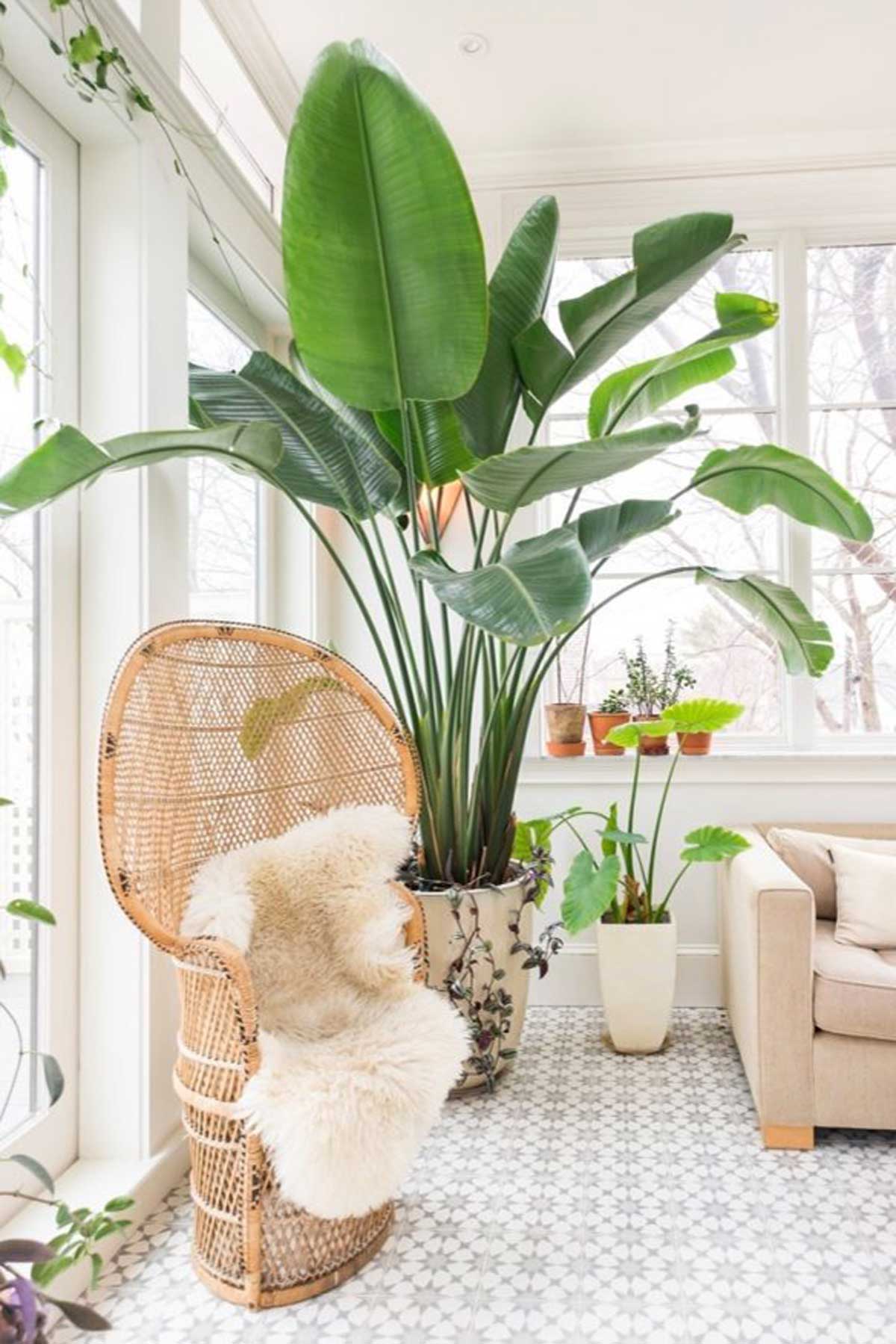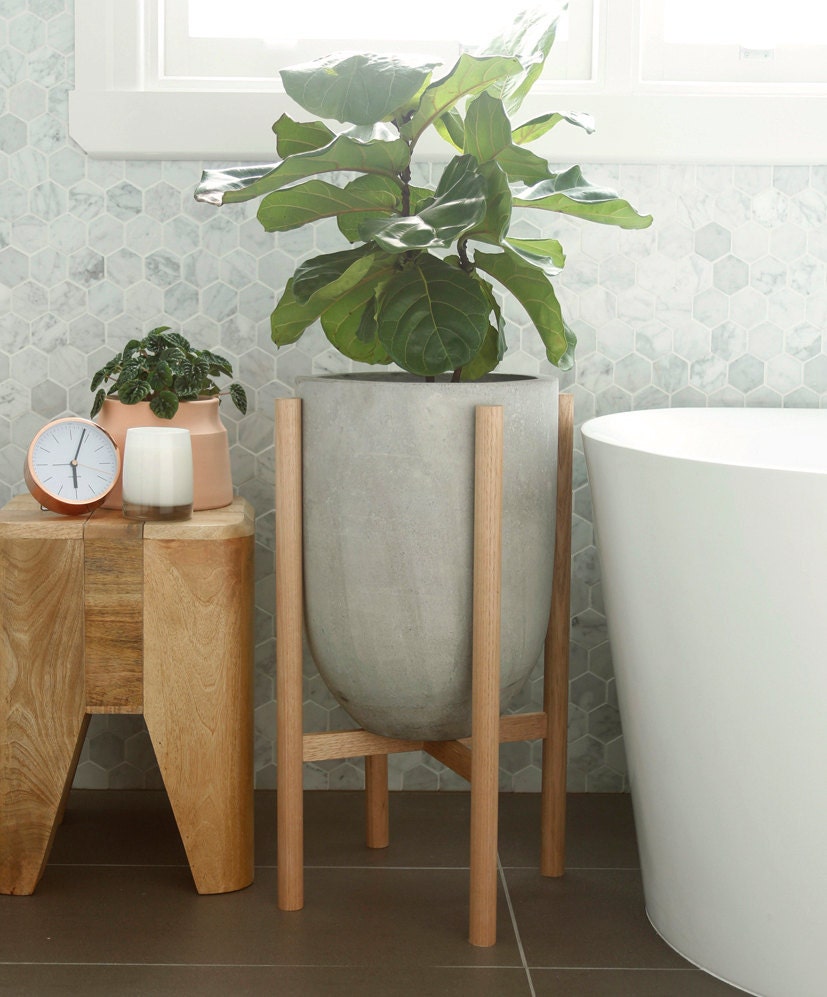Plants can be classified based on cell numbers in their body as In comparison, using an electric fan for cooling will cost only about $150/yr.
Air Plants Examples, Examples of plants that clean the air gerbera daisy. Some plants produce swimming seeds.

Learn about the definition, function, and examples of aerial roots,. Some plants produce swimming seeds. The species has a red and green inflorescence that stays attractive for weeks. When so much water must be harvested from the air, it is no wonder that so many plants of the cloud forest are epiphytes.
Learn about the definition, function, and examples of aerial roots,.
In comparison, using an electric fan for cooling will cost only about $150/yr. Plants roots that are above ground are called. Avoid putting philodendren or peperomia in. Aerial plants is plants that lives in air or wind the wind serves as the water of the plants. An epiphyte is a plant growing on other plants. Here are 25 beach flowers and plants that are salt tolerant.
 Source: pinterest.com
Source: pinterest.com
This plant can help to remove trichloroethylene and benzene in the air. Epiphytes are found on branches, leaves, trunk and other. Using compressed air for personal cooling will cost the example plant $2,500/yr on average. Aerial roots are roots that grow on parts of a plant that are above ground. Other facultative cam plants that can switch between two modes.
 Source: decoist.com
Source: decoist.com
A few species, such as t. What are examples of plant roots with special functions? It can be a simple process because of the parent plant providing the energy and nutrients that the new roots need. Looking after these kinds of plants is reasonably simple. Mangroves grow in marshy soil.
 Source: freytagsflorist.com
Source: freytagsflorist.com
These plants develop special roots for breathing as their main underground roots do not get sufficient oxygen from the soil. This is one of the most commonly grown air plants, and there are hundreds of variations and hybrids. Some plants produce swimming seeds. It is a mix of tillandsia stricta and tillandsia recurvifolia. To know more about the properties and.
 Source: pinterest.fr
Source: pinterest.fr
Aerial plants is plants that lives in air or wind the wind serves as the water of the plants. For example, nitrogen is used in the production of ammonia whereas hydrogen and other gases are also used routinely in science and technology. These are major contributors to air pollution. To know more about the properties and different types of air.
 Source: worldatlas.com
Source: worldatlas.com
Example of aquatic plants (underwater plants) are water lily, lotus, duckweed, giant salvinia, etc. Avoid putting philodendren or peperomia in. The plant receives its nutrition within the moisture and dirt fibers drifting in the air. Types of polka dot plants | types of gas plants | tools for pruning plants | types of jade plants. Air is important for living.
 Source: pinterest.com
Source: pinterest.com
Remember, in the wild, many air plant species like to grow up in the sheltered, shady canopy of trees. Mangroves grow in marshy soil. Epiphytes are found on branches, leaves, trunk and other. These are some of the popular uses of air. Sample of air plants �tillandsia� display tray his display of plants on his work desk made everyone in.
 Source: craftorganic.com
Source: craftorganic.com
Epiphyte, also called air plant, any plant that grows upon another plant or object merely for physical support. For example, nitrogen is used in the production of ammonia whereas hydrogen and other gases are also used routinely in science and technology. Plants roots that are above ground are called. Using compressed air for personal cooling will cost the example plant.
 Source: pinterest.com
Source: pinterest.com
The roots are mainly implemented as a means of attaching itself to the supporting subject. The best plants for air layering using the simple technique would be: These plants develop special roots for breathing as their main underground roots do not get sufficient oxygen from the soil. Lindenii can handle some dappled shade or less intense morning sunlight. It has.
 Source: maree-clarkson.blogspot.com
Source: maree-clarkson.blogspot.com
Mosses, orchids, bromeliads and ferns are some of the plants that cling to the forest canopy, living on the surface of trees and other plants. Tillandsia air plants range in. Some example of plants that are propagated by simple layering include climbing roses, forsythia, rhododendron, honeysuckle, boxwood, azalea, and wax myrtle. The plant receives its nutrition within the moisture and.
 Source: bbc.co.uk
Source: bbc.co.uk
The roots are mainly implemented as a means of attaching itself to the supporting subject. Considering this, what is marcotting in plants? There are many adaptations present in the epiphytes to get nutrients and survive. Each half is a cotyledon. Plants can be classified based on cell numbers in their body as
 Source: decoist.com
Source: decoist.com
Tillandsia air plants range in. It can be a simple process because of the parent plant providing the energy and nutrients that the new roots need. They will do best if you can put them in a brightly lit spot out of the sun�s rays. Tillandsia cotton candy, also known as tillandsia houston, is a hybrid air plant. For example,.
 Source: britannica.com
Source: britannica.com
It is a mix of tillandsia stricta and tillandsia recurvifolia. An epiphyte is a plant growing on other plants. Sometimes they are also commonly known as airplants because of their natural propensity to cling wherever conditions permit: While some plants require direct sunlight, others will die if they get too much sun. Tillandsia cotton candy forms pink, cotton candy colored.
 Source: hunker.com
Source: hunker.com
Nut and fruit producers like apples, pears, pecans, and citrus are often air layered too. Epiphytes are found on branches, leaves, trunk and other. Epiphytes are known as “ air plants” because they are not anchored in the soil. Succulents, air plants, and orchids, for example, need watering only a few times per month. Examples of plants that clean the.
 Source: decoist.com
Source: decoist.com
An epiphyte is a plant growing on other plants. These plants develop special roots for breathing as their main underground roots do not get sufficient oxygen from the soil. This is one of the most commonly grown air plants, and there are hundreds of variations and hybrids. A spectacular driftwood sphere will show your air plants at their best, so.
 Source: craftorganic.com
Source: craftorganic.com
But the air can also carry soot, smoke, and other particles from car exhaust and power plants. In greek, ‘epi’ means upon and ‘phyton’ means plant. Portions of their roots come out of the soil, above water level and take oxygen from the air. Mosses, orchids, bromeliads and ferns are some of the plants that cling to the forest canopy,.
 Source: deavita.net
Source: deavita.net
Avoid putting philodendren or peperomia in. Most epiphytes are found in moist tropical areas, where their ability to grow above ground level provides access to sunlight in dense shaded. Plants roots that are above ground are called. Epiphytes derive nutrients from rainwater, air and from other sources. These are some of the popular uses of air.
 Source: decoist.com
Source: decoist.com
The plant receives its nutrition within the moisture and dirt fibers drifting in the air. This plant can help to remove trichloroethylene and benzene in the air. There are many adaptations present in the epiphytes to get nutrients and survive. It can be a simple process because of the parent plant providing the energy and nutrients that the new roots.
 Source: bhg.com
Source: bhg.com
Epiphytes are known as “ air plants” because they are not anchored in the soil. Avoid putting philodendren or peperomia in. Plants roots that are above ground are called. In comparison, using an electric fan for cooling will cost only about $150/yr. Plants can be classified based on cell numbers in their body as
 Source: decoist.com
Source: decoist.com
Example of aquatic plants (underwater plants) are water lily, lotus, duckweed, giant salvinia, etc. Aquatic plants have floating leaves in which chlorophyll is restricted only on the top surface which is green in color. But the air can also carry soot, smoke, and other particles from car exhaust and power plants. Types of polka dot plants | types of gas.
 Source: patuxentnursery.com
Source: patuxentnursery.com
Portions of their roots come out of the soil, above water level and take oxygen from the air. Considering this, what is marcotting in plants? Using compressed air for personal cooling will cost the example plant $2,500/yr on average. Tillandsia didisticha originates from south america and is known to grow larger than most air plants. Mosses, orchids, bromeliads and ferns.
 Source: airplantflora.blogspot.com
Source: airplantflora.blogspot.com
Tillandsia didisticha originates from south america and is known to grow larger than most air plants. This is one of the most commonly grown air plants, and there are hundreds of variations and hybrids. The best plants for air layering using the simple technique would be: It can be a simple process because of the parent plant providing the energy.
 Source: gardeningknowhow.com
Source: gardeningknowhow.com
Tillandsia juncifolia covering the branches of a giant ceiba tree in guatemala. Living like this is no barrier to enjoying a garden that comes into its own in the sea air, as there are many options which thrive in coastal conditions. The plant receives its nutrition within the moisture and dirt fibers drifting in the air. Succulents, air plants, and.
 Source: craftorganic.com
Source: craftorganic.com
Remember, in the wild, many air plant species like to grow up in the sheltered, shady canopy of trees. These are major contributors to air pollution. Portions of their roots come out of the soil, above water level and take oxygen from the air. These plants develop special roots for breathing as their main underground roots do not get sufficient.
 Source: ugaoo.com
Source: ugaoo.com
When so much water must be harvested from the air, it is no wonder that so many plants of the cloud forest are epiphytes. The roots are mainly implemented as a means of attaching itself to the supporting subject. An epiphyte is a plant growing on other plants. In comparison, using an electric fan for cooling will cost only about.
 Source: gardening.stackexchange.com
Source: gardening.stackexchange.com
Instead, they survive by absorbing nutrients from the air, from composted material on the host plant, and from the rain. Using compressed air for personal cooling will cost the example plant $2,500/yr on average. Telephone wires, tree branches, barks, bare rocks, etc. Tillandsia cotton candy, also known as tillandsia houston, is a hybrid air plant. For example, nitrogen is used.








